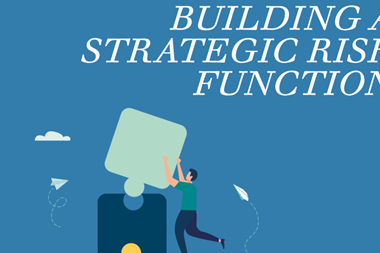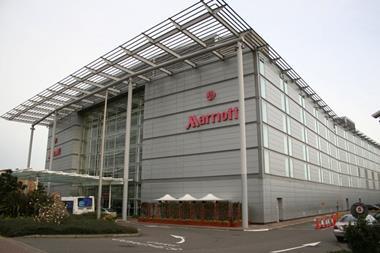New regulations and demands for evidence of compliance are forcing organisations to introduce powerful new information systems to manage documents and records. Competition, the internet, and the faster pace of business today all demand new knowledge-sharing and collaborative working technologies.
These changes represent both opportunities and threats for risk managers, and the session focused on promoting an understanding of what the new knowledge management tools and processes have to offer. Following an introductory presentation, delegates examined how well information flows around their own organisations and addressed associated issues.
Looking at the future of risk management and the influences that are changing the nature of business in general and risk management in particular, participants then shared their experiences of the new business drivers their companies are experiencing today and considered the corresponding changes to demands for information, and the consequences for information and knowledge management.
The core of the session was the presentation of a generic model of the processes of risk management and the placing of insurance to cover residual risk. Tracing through the model, delegates examined the information the key players need at each step, how and where it is obtained, and what the future may hold for improving the process. They were then given the case study of a fictional, medium-sized food manufacturer with international operations with a few major insurance programmes in place: property, liability, D&O, and goods in transit, whose head of risk management has just been asked to take charge of business continuity, an area which is causing increasing concern to senior management. The challenge was to provide a summary analysis of the fact sheets and put forward some proposals where information and knowledge management can benefit both the risk management team and the company.
The session concluded with a short exercise for delegates to assess their own information and knowledge management capability against the process model; to identify any capability gaps that prevent the anticipated benefits from being realised, and to develop an action plan for remedying them.
Other training sessions held yesterday afternoon covered: learning to think outside the box - creative management and structured problem solving techniques, from Jardine Lloyd Thompson, and day to day problems of corporate governance and how to deal with them from Royal & SunAlliance and Kennedys.

















